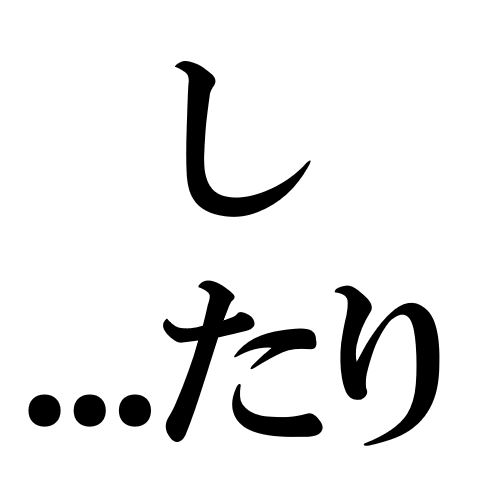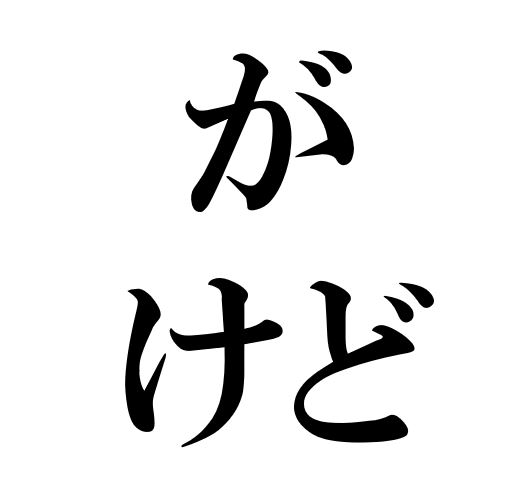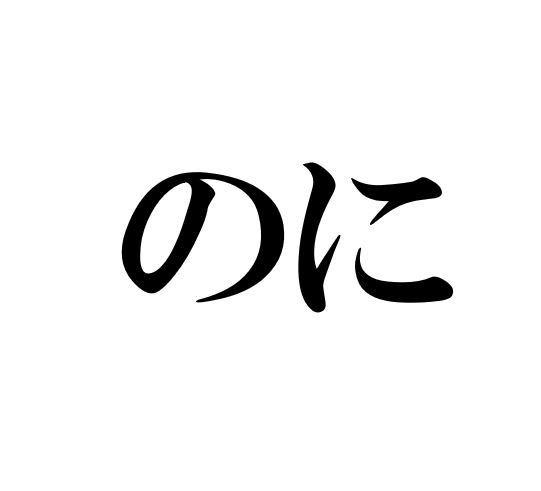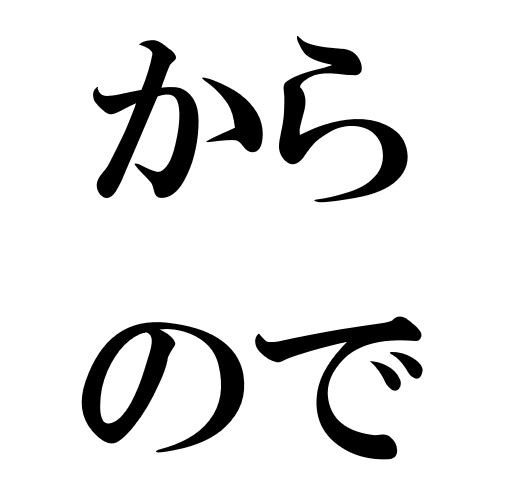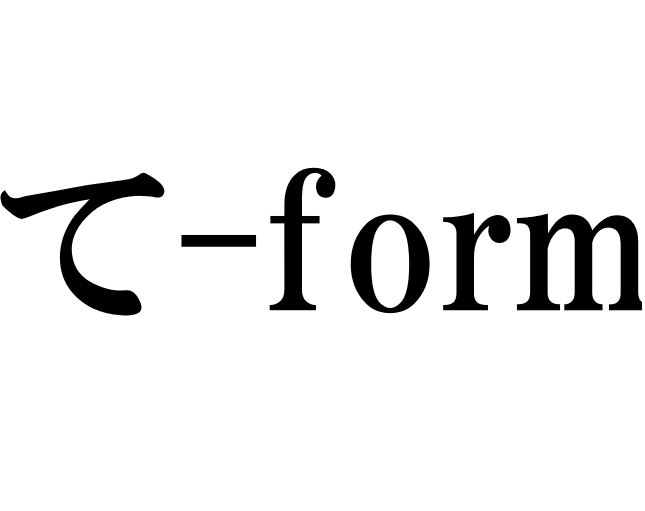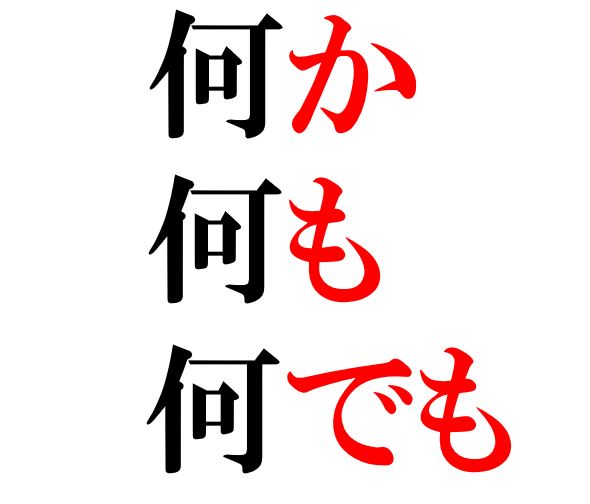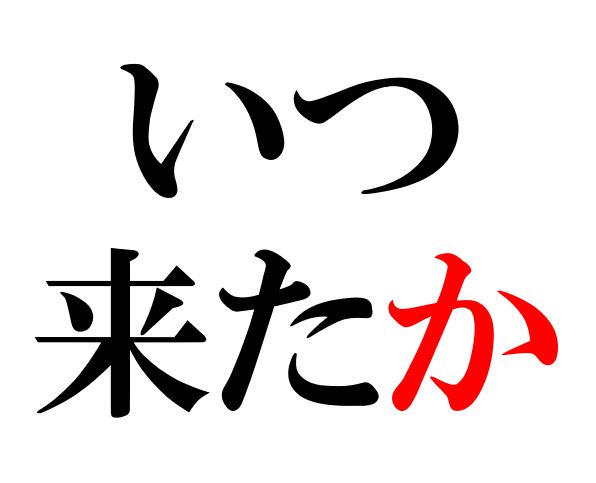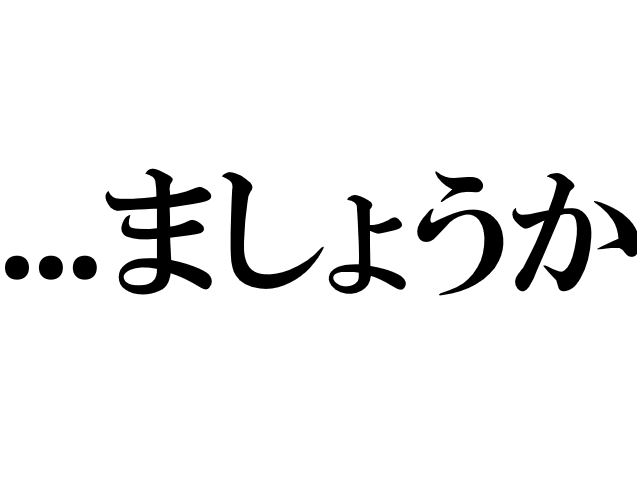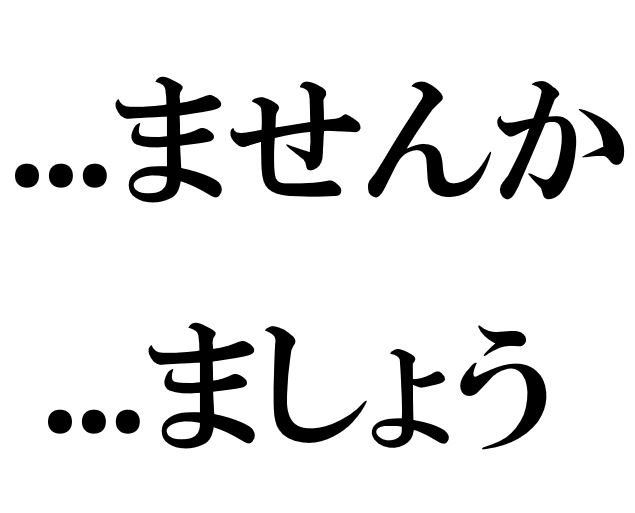Before starting the exercise for expressing multiple reasons, actions or states 「し」「…たりする」, please clarify any doubts you may have about the grammatical rules by referring to your grammar guidebook or dictionary. The Instantaneous Composition Method requires you to compose sentences with the target sentence pattern(s) over and over in order to use them almost effortlessly. […]
Instantaneous Composition Method
Japanese Grammar Exercises: Expressing Contradiction 「が」「けど」
Before starting the exercise for expressing contradiction 「が」「けど」, please clarify any doubts you may have about the grammatical rules by referring to your grammar guidebook or dictionary. The Instantaneous Composition Method requires you to compose sentences with the target sentence pattern(s) over and over in order to use them almost effortlessly. You should already have […]
Japanese Grammar: Expressing Contrary Results with Complaint or Surprise 「のに」
Before starting the exercise for expressing contrary results with complaint or surprise 「のに」, please clarify any doubts you may have about the grammatical rules by referring to your grammar guidebook or dictionary. The Instantaneous Composition Method requires you to compose sentences with the target sentence pattern(s) over and over in order to use them almost […]
Japanese Grammar Exercises: Expressing Reason or Causation 「から」「ので」
Before starting the exercise for expressing reason or causation 「から」「ので」, please clarify any doubts you may have about the grammatical rules by referring to your grammar guidebook or dictionary. The Instantaneous Composition Method requires you to compose sentences with the target sentence pattern(s) over and over in order to use them almost effortlessly. You should […]
Japanese Grammar Exercises: Expressing a Sequence of States and Verbs 「te-form」
Before starting the exercise for expressing a sequence of states and verbs: 「te-form」, please clarify any doubts you may have about the grammatical rules by referring to your grammar guidebook or dictionary. The Instantaneous Composition Method requires you to compose sentences with the target sentence pattern(s) over and over in order to use them almost effortlessly. […]
Japanese Grammar Exercises: Using Question Words in an Affirmative Sentence
Before starting the exercise for using question words in an affirmative sentence, please clarify any doubts you may have about the grammatical rules by referring to your grammar guidebook or dictionary. The Instantaneous Composition Method requires you to compose sentences with the target sentence pattern(s) over and over in order to use them almost effortlessly. […]
Japanese Grammar Exercises: Relative Clauses with 「か」
Before starting the exercise for relative clauses with 「か」, please clarify any doubts you may have about the grammatical rules by referring to your grammar guidebook or dictionary. The Instantaneous Composition Method requires you to compose sentences with the target sentence pattern(s) over and over in order to use them almost effortlessly. You should already […]
Japanese Grammar Exercise: Making Offers 「…ましょうか」
Before starting the exercise for expressing making offers 「…ましょうか」, please clarify any doubts you may have about the grammatical rules by referring to your grammar guidebook or dictionary. The Instantaneous Composition Method requires you to compose sentences with the target sentence pattern(s) over and over in order to use them almost effortlessly. You should already […]
Japanese Grammar Exercise: Invitation 「…ませんか」「…ましょう」
Before starting the exercise for Expressing invitation 「…ませんか」「…ましょう」, please clarify any doubts you may have about the grammatical rules by referring to your grammar guidebook or dictionary. The Instantaneous Composition Method requires you to compose sentences with the target sentence pattern(s) over and over in order to use them almost effortlessly. You should already have […]
How to Proceed with the Instantaneous Composition Method
The idea of the Instantaneous Composition Method comes from a training method for interpreters: Reproduction, which is also called Consecutive Repeating or Quick Response. As you may know, interpreters are required to speak two languages interactively. Therefore, they are trained to recognize equivalent phrases in two languages in order to speak them effortlessly. This process […]

